Health
Incontinence and exercise at any stage post birth
Leaking (incontinence) during exercise or with a cough, sneeze, fright, or laugh is common. But let’s not normalise it...let’s do something about it.
So, you wouldn’t classify yourself as a new mom? Yet you are experiencing leaking (poo, wee or farts) during exercise. But you don’t want to start on a postnatal programme with new moms or you have already invested into a different exercise regime?
This blog will address some things you can do during your workouts and outside of exercise if you want to lessen or stop leaking. (As always, if possible, seek individual professional support).
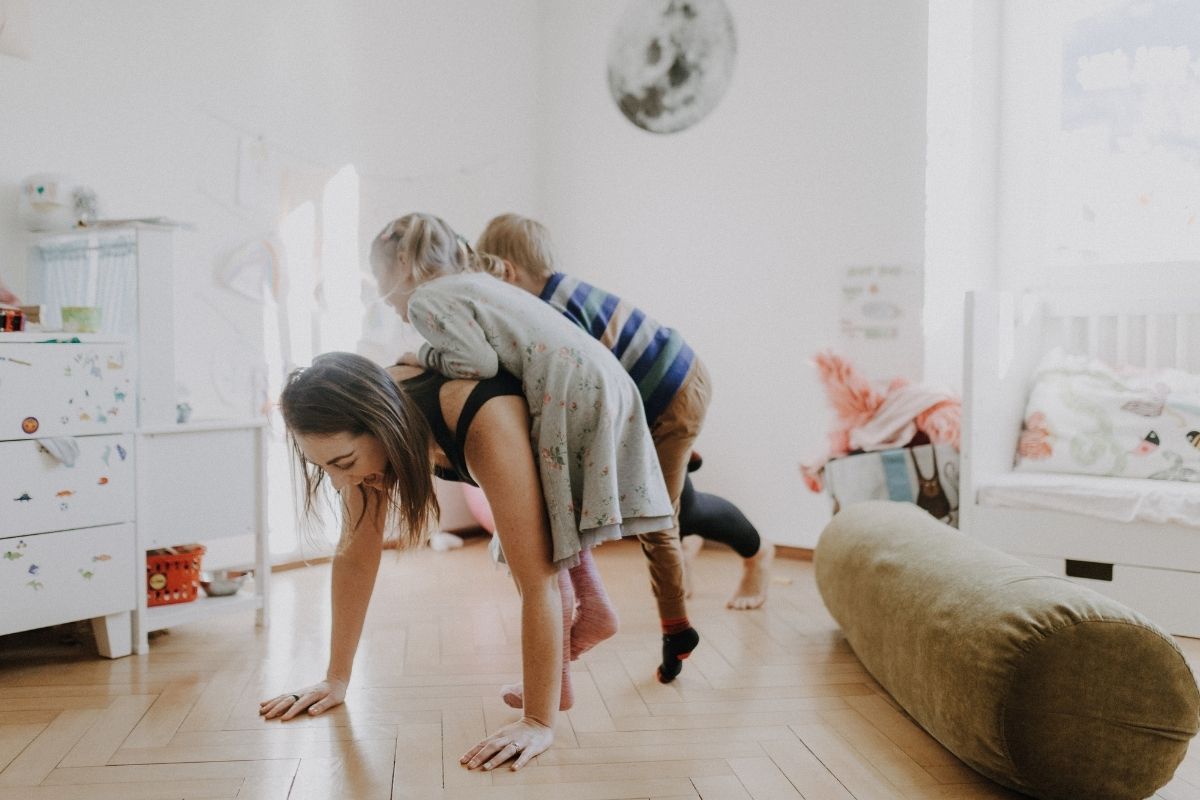
Leaking (incontinence) during exercise or with a cough, sneeze, fright, or laugh is common. Worldwide, it is estimated 50% of women will experience some form of incontinence by the age of 60. This is especially common post birth, even if your ‘baby’ is 30 years old! But you don’t even have to have been pregnant to experience issues. Children can experience incontinence, men, caesarean birthers, high level athletes, sedentary folk. No-one is exempt.
Common, but let’s not normalise it.
Common, but let’s do something about it.
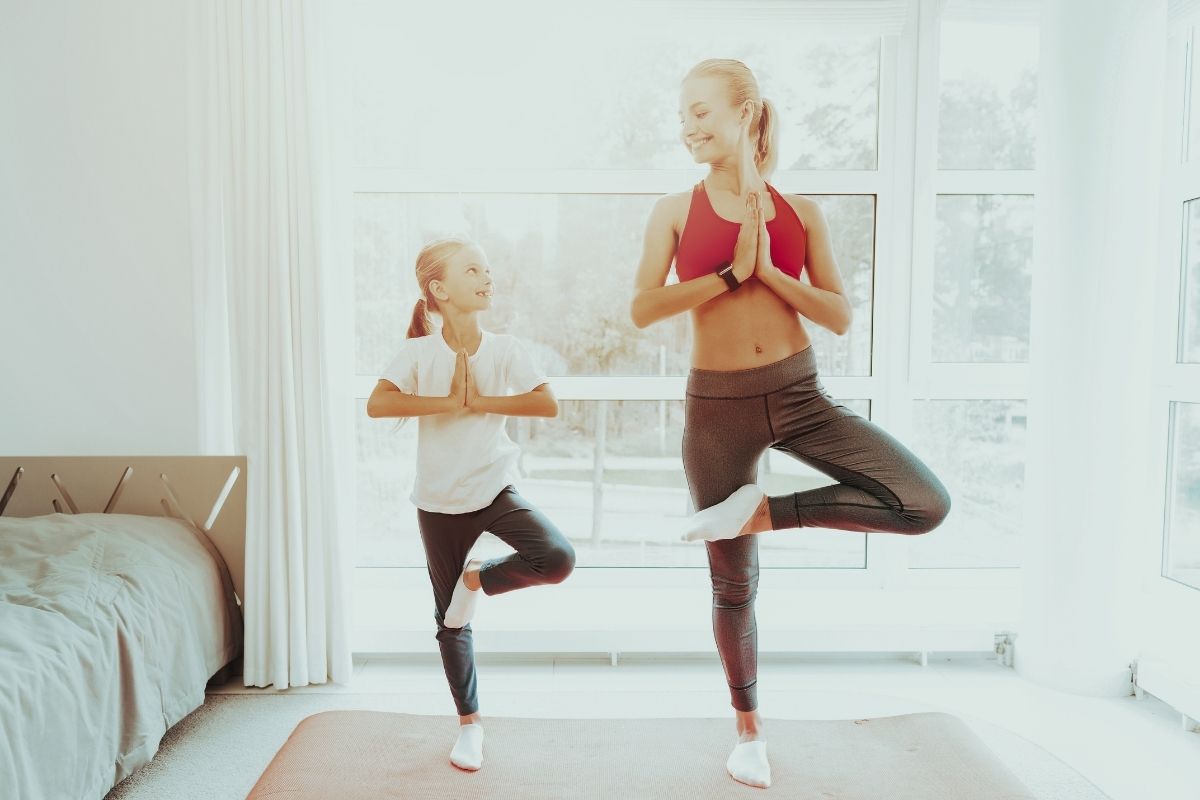
The pelvic floor muscle has a lot to answer for with incontinence but it's only part of the large system that makes up the core. In fact, many people think doing Kegels all day will help with incontinence by strengthening the pelvic floor muscle. In some circumstances, perhaps. But for many, Kegels in isolation and strengthening of the muscle aren’t ideal.
The pelvic floor muscle needs to lengthen and contract, just like any other muscle. It needs to hold tension and be able to relax. It needs to carry load (our Pelvic organs!) and be flexible to allow the exit of things, like urine, out of our bodies.
It needs balance. Just like other muscles in the body, if there are imbalances from over strengthening or weakness from undertraining, we run into issues. This is how the pelvic floor (as well as the rest of the core muscles) can present its’ issues; with incontinence, pelvic pain, prolapse, body pains (knees, back, hips, shoulders, feet!).
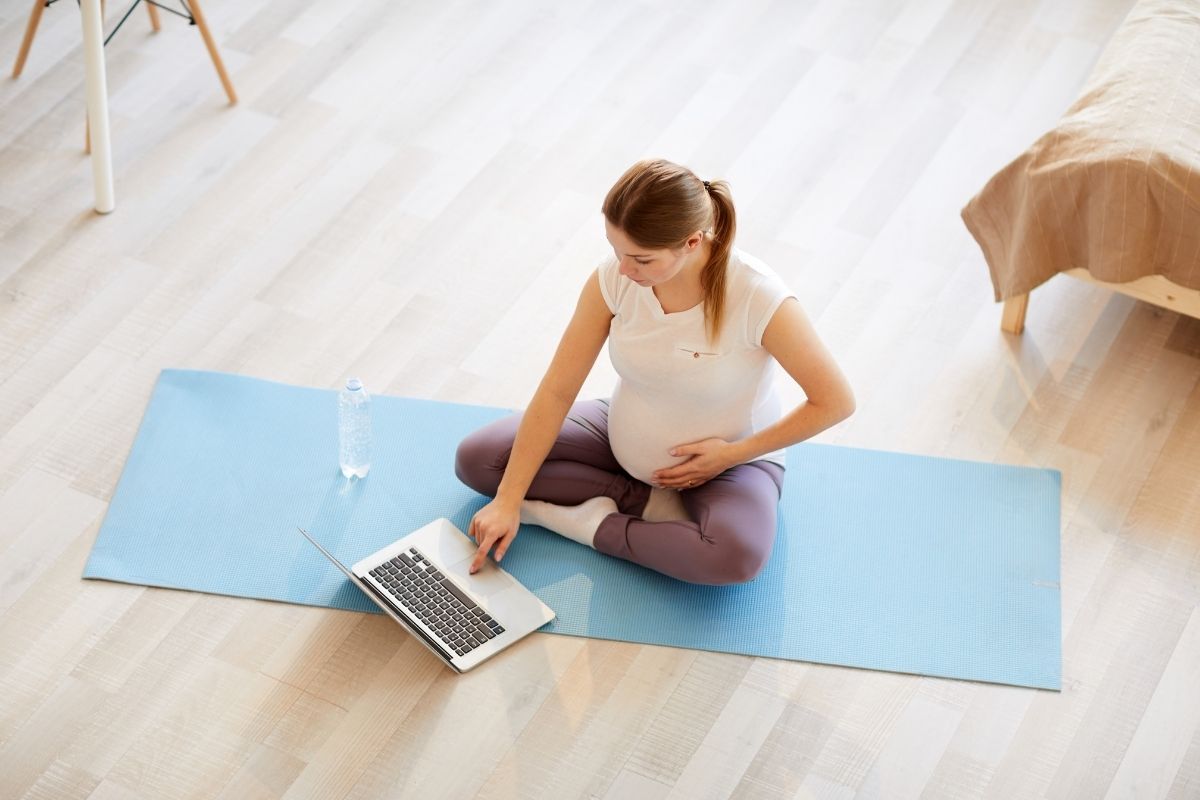
If you are leaking during a workout, it’s not ok to just whack a pad on and keep pushing through. Stop. Check in and ask yourself these questions during your exercise movements.
- What exercises do you notice more leaking with? Some common ones with my clients are jumping, running, sit ups, holding type moves (planks, wall sits), explosive power moves, squats, skipping, overhead moves.
- Are you holding your breath? Holding tension in your body somewhere?
- How is your body aligned? Are you hunched over, butt tucked under? Or thrusting your ribs upwards, sticking your butt out?
- Are you hydrated well? It may seem counterintuitive but having good hydration actually helps the bladder with incontinence. Of course, chugging 2L before a workout may not be comfortable but restricting fluids may cause the urine to become more concentrated, which aggravates the bladder, leading to leaking!
- Where are you at in your cycle? Oestrogen hormone levels lower around the beginning of menstruation, weakening ligaments and muscles, like the pelvic floor.
- Are you stressed? Run down? Sick? Have you had adequate sleep?
If incontinence is a regular occurrence with exercise or daily life, I highly recommend seeing a gynecologist, pelvic floor physiotherapist or your doctor for a better assessment.
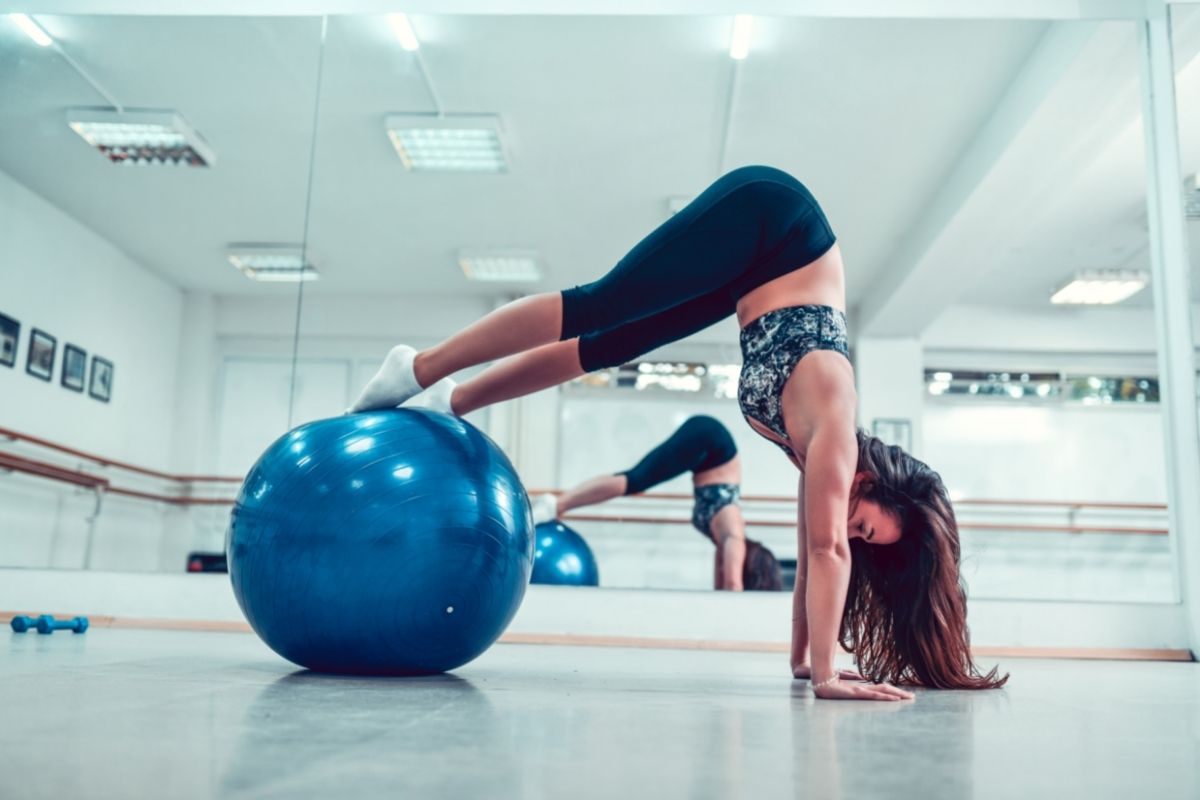
There are some things that you could do outside of exercise practice to lessen issues.
- Checking in with a pelvic floor physiotherapist/women’s health physio. Someone who can check your pelvic floor both internally and externally. Some may use ultrasound, some may use a probe, some may offer massage, some may offer exercises to do or relaxation techniques. They will assess your pelvic floor, which can determine your approach to exercise! Because not everyone benefits from just kegels!
- Once you know your pelvic floor pattern, check out the Core Connect section on DediKate. Read the description of each workout, as some may be more beneficial to certain pelvic floor patterns (need to relax or need strength, or a mix?).
- Tuning into your body and noticing where you hold tension. Practicing diaphragmatic breathing can lower all over body tension.
- If you noticed you leaked with certain exercises, making modifications to those exercises. Perhaps it was when you land in a squat jump. How are you landing? Can there be modifications? Lessen the impact? Start with: Adjust your alignment. Adjust your breathe pattern. Adjust your core connection. And see number 1 and number 5 points.
- Work with a coach who can look at your body's tendencies with exercise and offer personal adjustments. Look for someone who is trained in pre/postnatal/peri-post menopausal or women’s exercise with a speciality in pelvic and core health.
- Did you have a belly birth? Or vaginal birth and experienced tearing? Or had abdominal surgery before? If so, I highly recommend seeing a scar tissue massage therapist who can release tension in the body’s tissues. Scars can interfere with the body's natural holding pattern, pulling on muscles, ligaments and fascia. New research has shown that prolapse (pelvic organs moving downwards out of position) may in fact be a tension issue, rather than previously thought lack of pelvic muscle strength.
- This is a weird one but stay with me. What’s your toileting habits like? What’s your dietary fibre intake like? Good foods and fluids will help regulate the pee and poo, which means you won’t be straining from constipation. This means your pelvic floor muscle can do its thing with releasing the waste normally, rather than straining and stretching.
- Work on strength training, particularly the glutes and appropriate core exercises. The glutes play a major role in how the core functions. Sleepy glutes may mean sleepy core, meaning muscle imbalances. Jump onto DediKate and join one of my Sculpt sessions, where a large focus is on the booty!
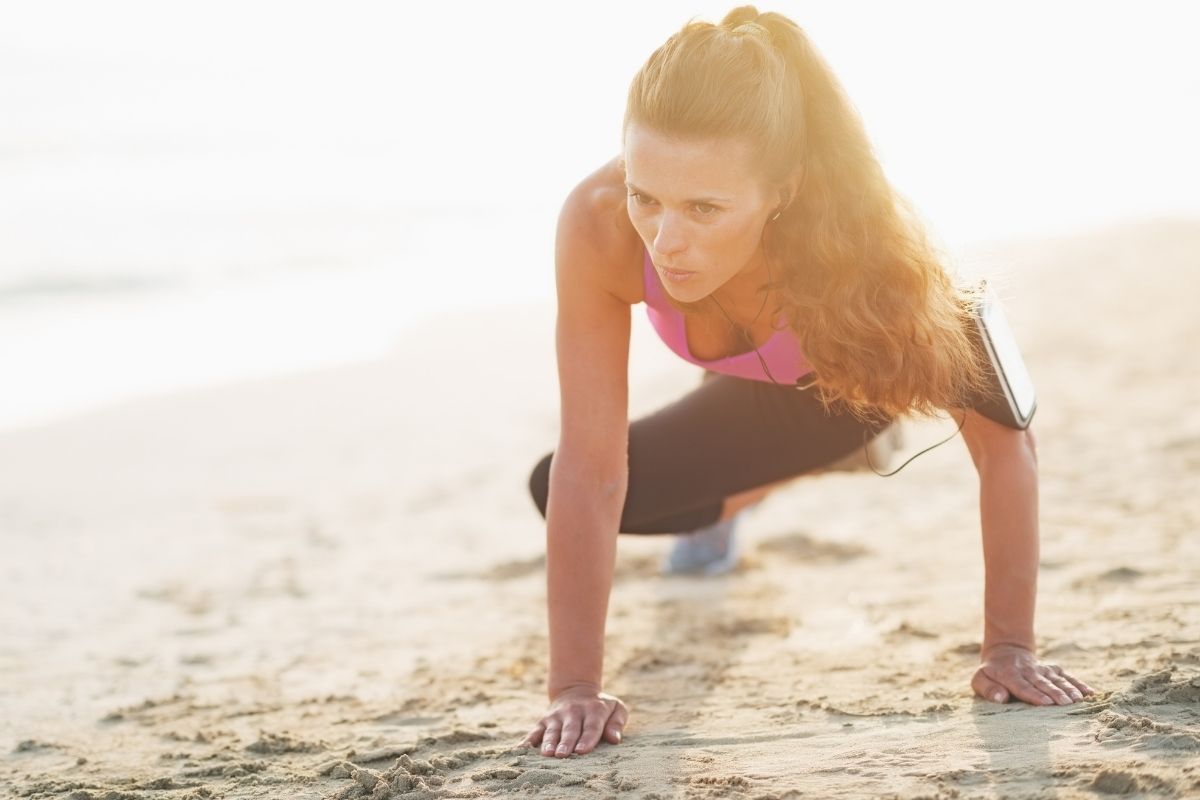
The take home message is there is hope post baby. Even if the baby is off to university, answers with grunts and towers over you.
Common, but let’s not normalise it.
Common, but there are things we can do about it.
Take back your body's control and thrive.
This information is meant to be educational and instructional. It is not able to diagnose or treat a specific issue and it is definitely not a substitute for a professional evaluation.